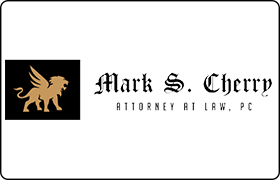Cookstown Bankruptcy & Debt Lawyer, New Jersey
Sponsored Law Firm
-
 x
x

Click For More Info:
-
Mark Cherry Law
385 Kings Highway North Suite 101 Cherry Hill, NJ 08034» view mapBankruptcy & Debt Where Every Client Matters
We want our clients to be confident and secure knowing we are a law firm ready to take on the fight and challenge with them.
800-824-6431
Mark Kriegel
✓ VERIFIEDBankruptcy, Litigation, Insurance, Wills & Probate, Business Organization
Representing clients in bankruptcy, insurance, civil litigation and small business formation and operating agreements.
Joseph I. Windman
✓ VERIFIEDBankruptcy & Debt, Real Estate
Joseph Windman is a practicing lawyer in the state of New Jersey. Attorney Windman received his J.D. from Brooklyn Law School.
Aniello D. Cerreto, Esq.
✓ VERIFIEDDivorce & Family Law, Bankruptcy, Criminal, Estate
A lawyer who listens to you
I utilize the depth of my many years of relevant experience to assist people to transition into their new life and thrive during an otherwise trying t... (more)
Irwin P Rosenthal
Adoption, Business Organization, Child Support, Collection
Status: In Good Standing
Christine M. Gravelle
Litigation, Estate Administration, Employment, Bankruptcy
Status: In Good Standing
FREE CONSULTATION
CONTACTMary Ellen Rose
Corporate, Business Organization, Banking & Finance, Bankruptcy
Status: In Good Standing
Peter S. Bejsiuk
Corporate, Banking & Finance, Bankruptcy Litigation, Bankruptcy
Status: In Good Standing
 Mark Cherry Cherry Hill, NJ
Mark Cherry Cherry Hill, NJ AboutMark Cherry Law
AboutMark Cherry Law Practice AreasSpecializations
Practice AreasSpecializations



